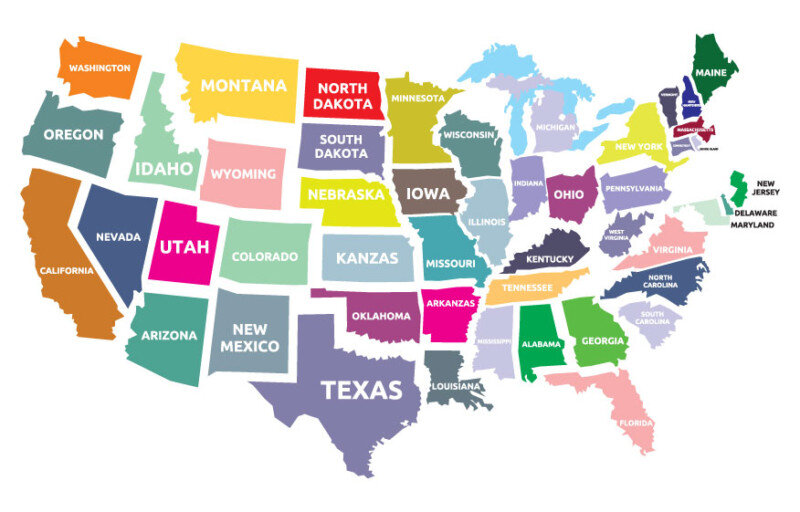When it comes to determining where you want to start a business, you want to choose a city that has a thriving economy and plenty of potential for you to corner the market in your industry. If you’re not planning to open a business in the town you live in, consider one of these, from WalletHub’s 2015’s Cities with the Fastest Growing Economies list. (And if you’ve already started your business, see how your city stacks up).
How They Created the List
WalletHub, a site that assesses financial offers and companies, compared 515 US cities of varying sizes using 10 key metrics, ranging from population growth to unemployment rate decrease. They then ranked those cities based on which were economically growing the most.
The Fastest Growing Cities
If you’re looking for a city that’s expanding at the speed of light, consider one of these. You’ll notice: all but one city on the fastest growing list is in Texas! Coincidence? I think not. (PS if you’re considering starting a business in Texas, be sure to download our free Texas small business guide)
- Odessa, Texas
- Frisco, Texas
- Midland, Texas
- Mission, Texas
- College Station, Texas
- Killeen, Texas
- Kent, Washington
- Bryan, Texas
- Austin, Texas
You probably have an idea of the size city you’d like to launch your business in. Here were the best ranked cities of different sizes:
- Large city with most growth: Austin, Texas
- Midsize city with most growth: Odessa, Texas
- Small city with most growth: Mission, Texas
The Slowest Growing Cities
Even if you’re not looking to move to one of these cities with a fast growing economy to start your business, it can be helpful to know which ones on the list had the least growth in terms of economy. If one of these is on your list of possibilities, you might want to mark it off, since the potential for growth of your new business is limited, at least for now.
- Parma, Ohio
- Albany, Georgia
- Skokie, Illinois
- Deltona, Florida
- Decatur, Illinois
- Detroit, Michigan
- Sunrise Manor, Nevada
- Westland, Michigan
- Yuma, Arizona
- Carson, California
No matter where you want to start your business, do your due diligence before you plant your flag. It can be helpful to pay attention to economic conditions in a given area to understand whether people are spending money there or not, as that will greatly impact your ability to succeed.
Ready to start a business? Review this checklist of essentials from CorpNet first!




